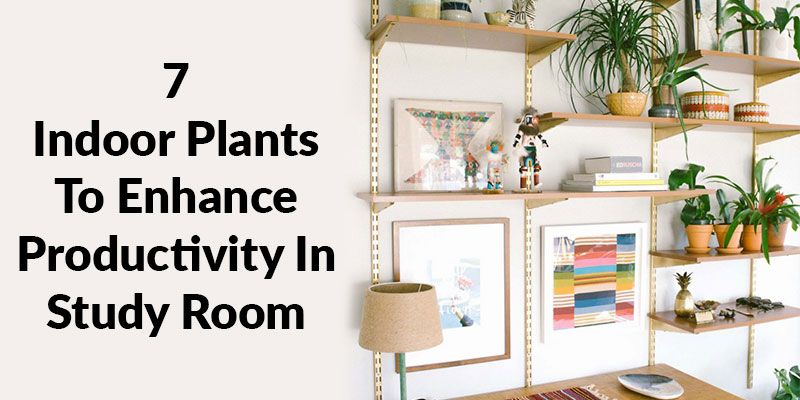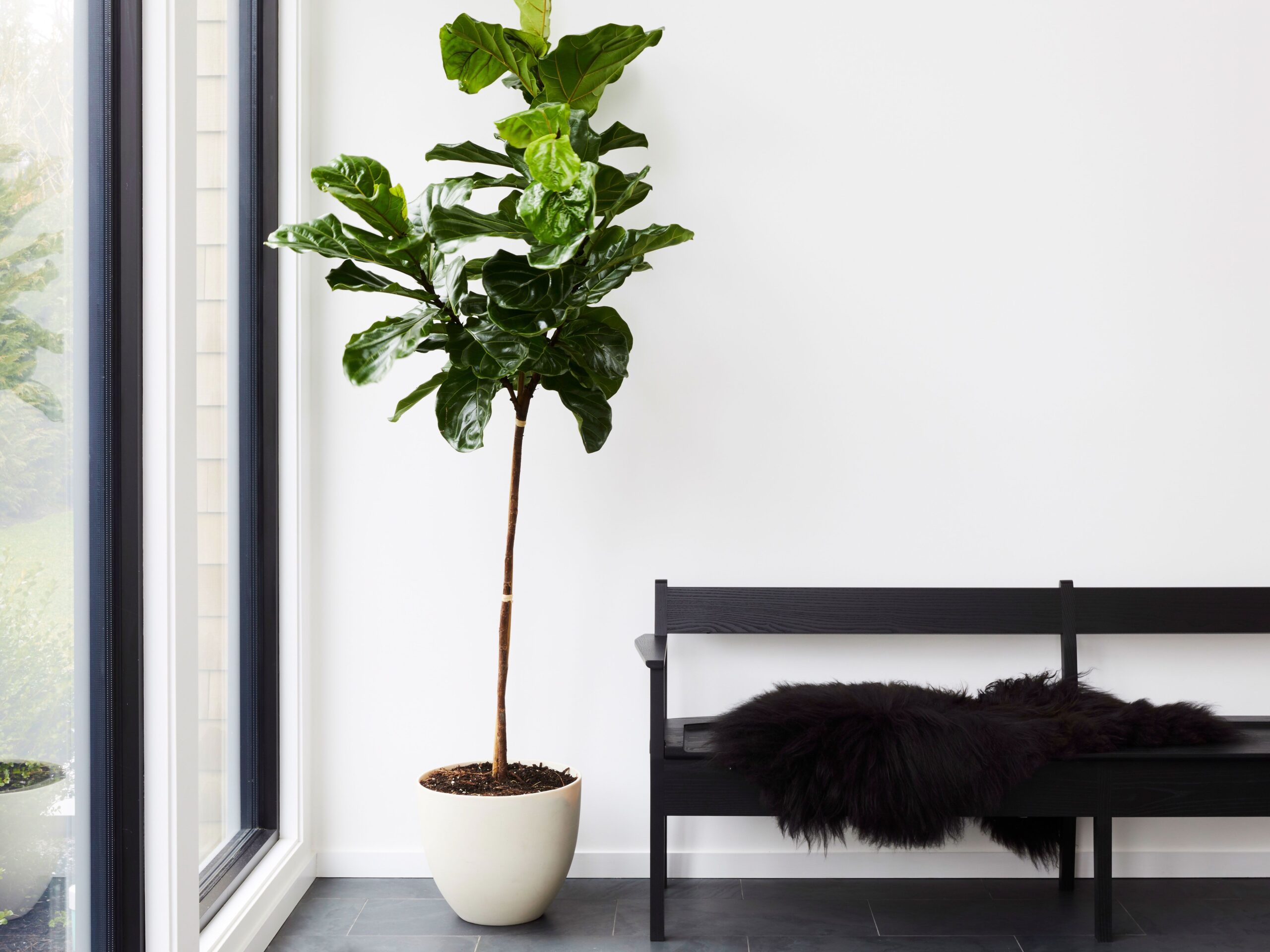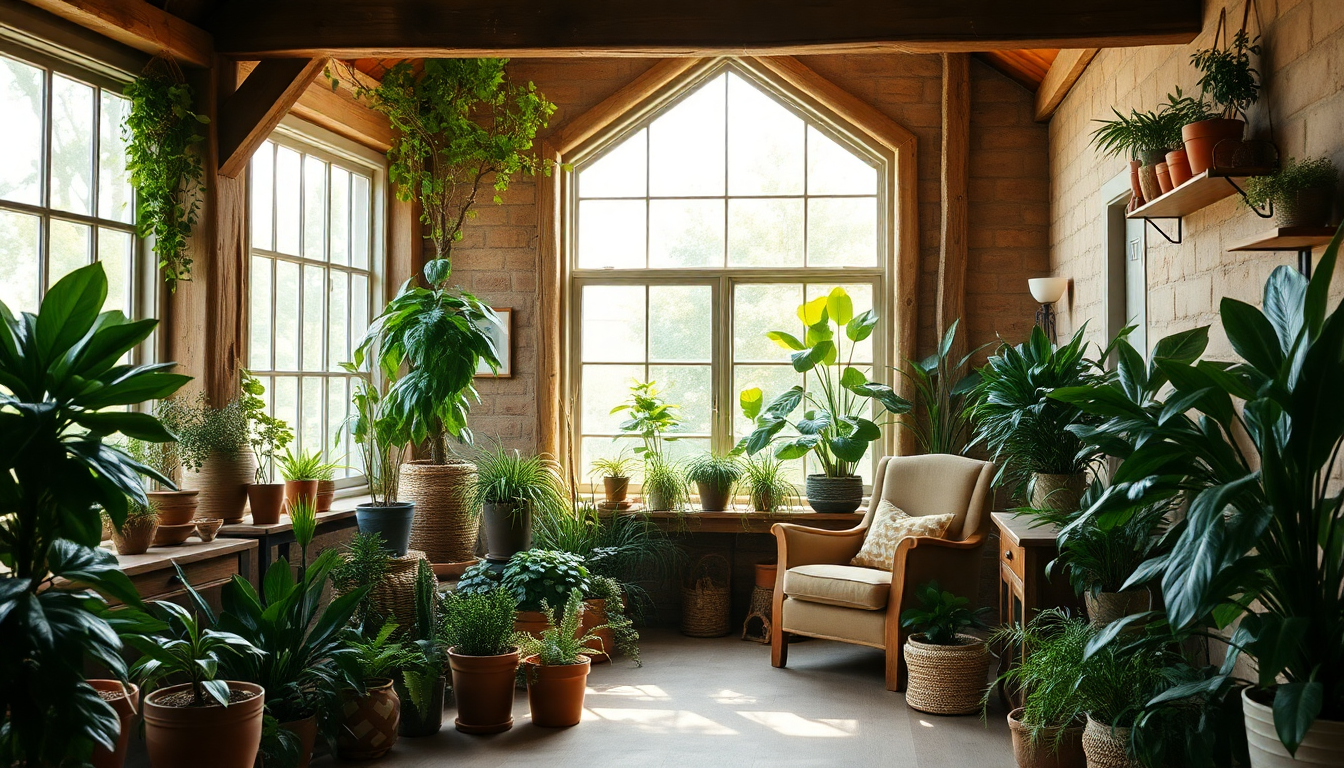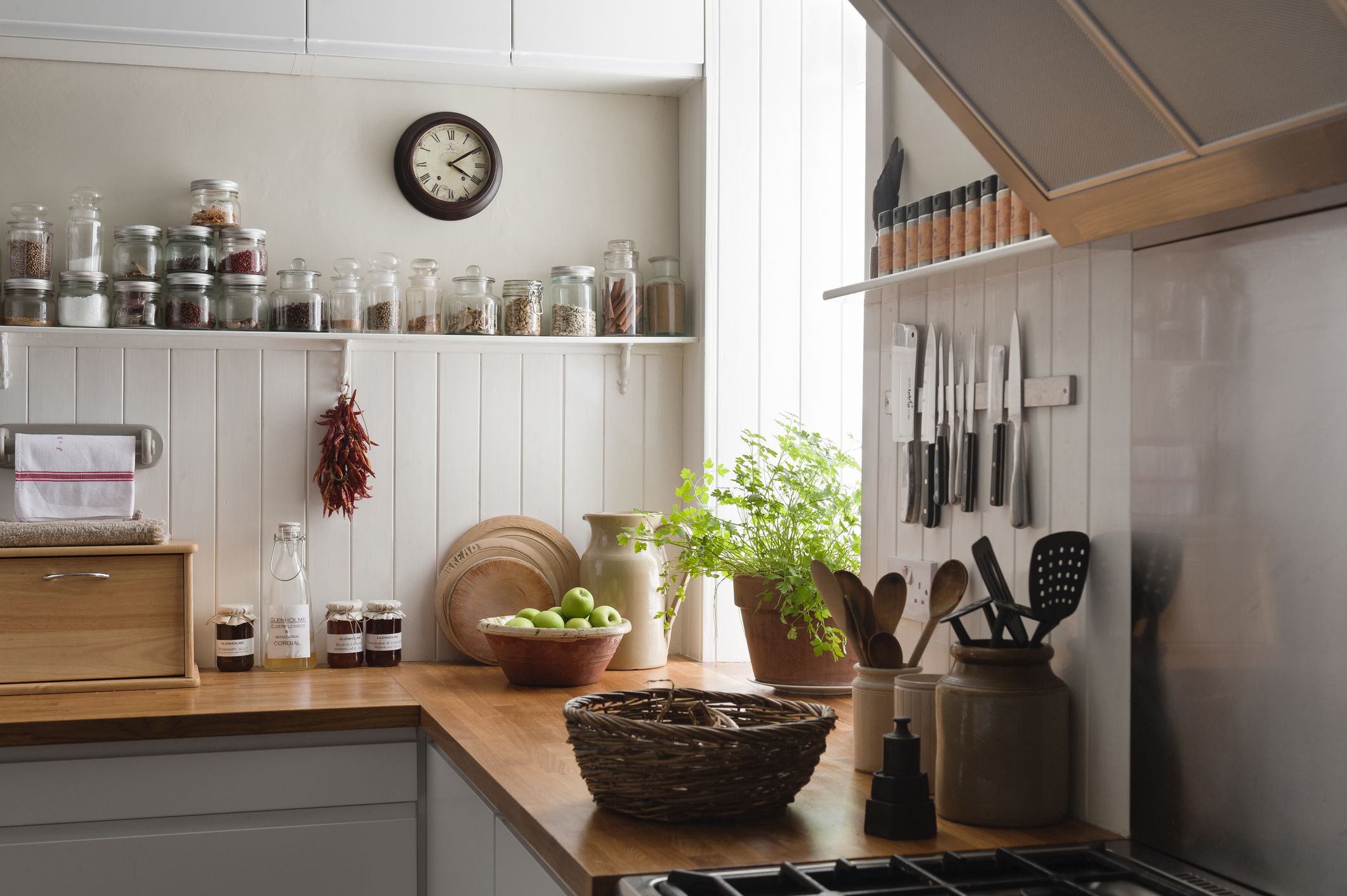Which Houseplants are Ideal for Study Rooms?
Having houseplants in your study room can be a great way to create a calm and refreshing atmosphere that promotes focus and productivity. Not only do they add a touch of nature to your workspace, but certain plants are known to improve air quality and reduce stress levels. If you’re looking to add some greenery to your study room, here are some of the best houseplants to consider:
1. Snake Plant
The snake plant, also known as mother-in-law’s tongue, is a popular choice for study rooms due to its ability to purify the air. It is a low-maintenance plant that thrives in low light conditions, making it ideal for spaces with little natural light. Snake plants are also known for their air-purifying properties, which can help you breathe easier while studying.
2. Peace Lily
The peace lily is another great option for study rooms, thanks to its ability to thrive in low light and improve air quality. This plant produces white flowers that can add a touch of elegance to your workspace. Peace lilies are known to remove common indoor air pollutants, such as formaldehyde and benzene, making them a healthy choice for your study room.
3. Spider Plant
Spider plants are easy to care for and can thrive in a variety of light conditions, making them well-suited for study rooms with different lighting situations. They are known for their air-purifying properties and can help remove toxins from the air. Spider plants also produce small plantlets that can be propagated to create new plants, making them a fun and engaging addition to your study room.
4. Aloe Vera
Aloe vera plants are not only easy to care for but also have healing properties that make them a great addition to any study room. They prefer bright, indirect light and only need to be watered occasionally, making them perfect for busy students. Aloe vera plants are also known for their air-purifying abilities and can help improve indoor air quality.
5. Rubber Plant
The rubber plant is a popular choice for study rooms due to its large, glossy leaves and ability to thrive in low light conditions. This plant is easy to care for and can grow up to 8 feet tall, making it a bold statement piece for your workspace. Rubber plants are known for their air-purifying properties, which can help create a healthier studying environment.
6. ZZ Plant
The ZZ plant is a low-maintenance houseplant that can thrive in low light and tolerate neglect, making it an ideal choice for busy students. It has shiny, dark green leaves that can add a touch of drama to your study room. ZZ plants are known to purify the air by removing toxins, such as xylene and toluene, making them a healthy addition to your workspace.
7. English Ivy
English ivy is a versatile plant that can thrive in a variety of conditions, making it suitable for study rooms with different lighting and temperature levels. It is known for its air-purifying properties and ability to remove mold spores from the air. English ivy can also help reduce airborne fecal matter particles, making it a healthy choice for your study room.
8. Pothos
Pothos plants are easy to care for and can thrive in low light conditions, making them a popular choice for study rooms with limited natural light. They are known for their trailing vines and heart-shaped leaves, which can add a touch of greenery to your workspace. Pothos plants are also excellent air purifiers and can help improve indoor air quality.
9. Philodendron
Philodendrons are low-maintenance plants that can thrive in a variety of lighting conditions, making them a versatile choice for study rooms. They are known for their heart-shaped leaves and trailing vines, which can create a calming and peaceful atmosphere in your workspace. Philodendrons are also excellent air purifiers and can help remove toxins from the air.
Overall, adding houseplants to your study room can have numerous benefits, from improving air quality to reducing stress levels. Whether you prefer low-maintenance plants or ones that require a bit more care, there is a houseplant out there for everyone. Consider adding one of these recommended plants to your study room to create a more inviting and productive workspace.



